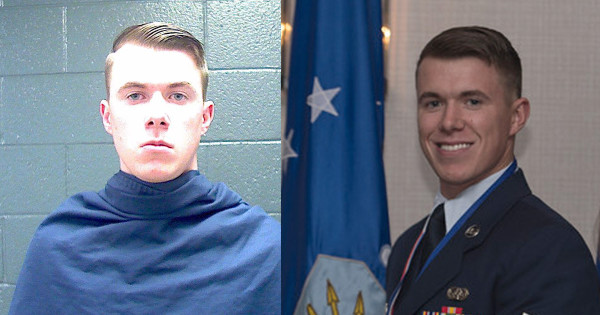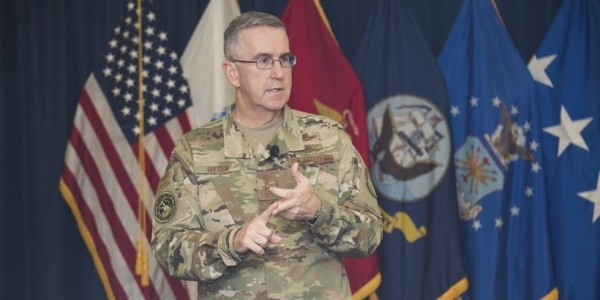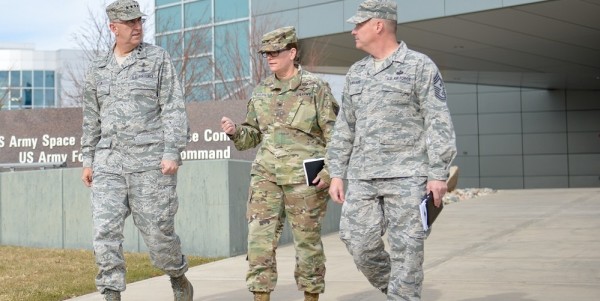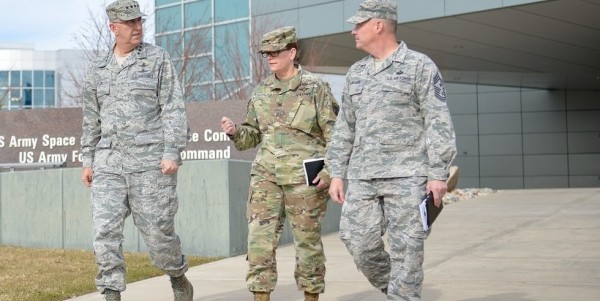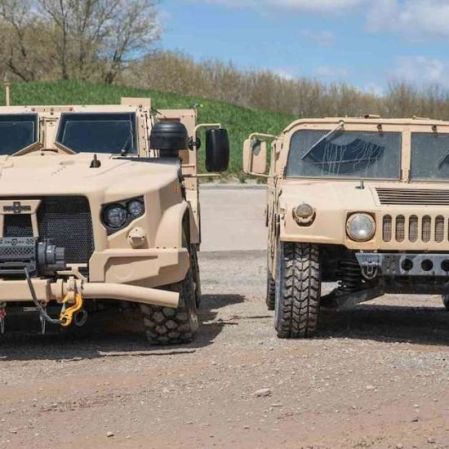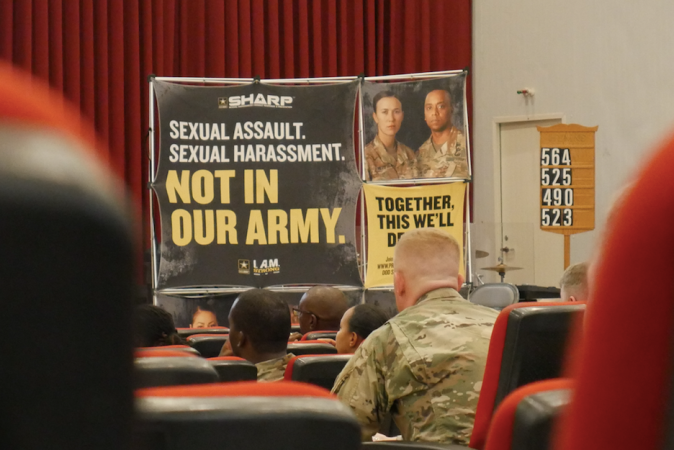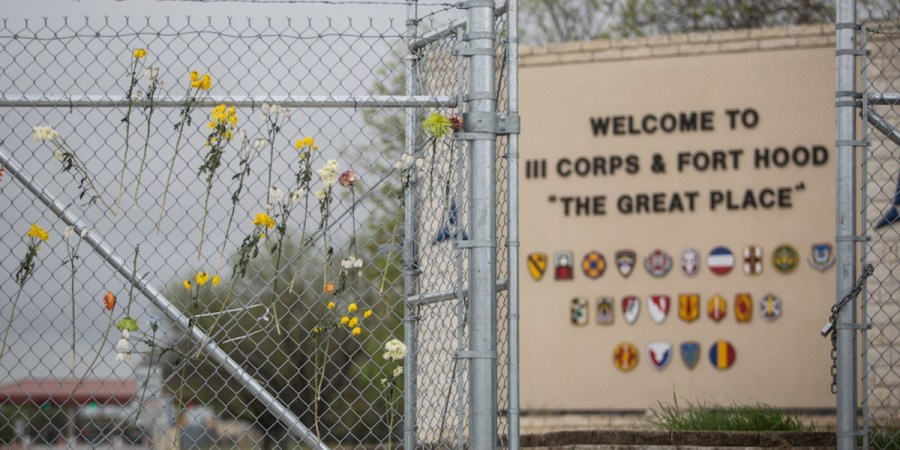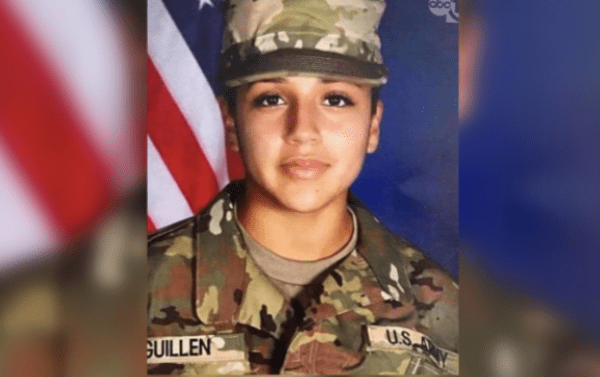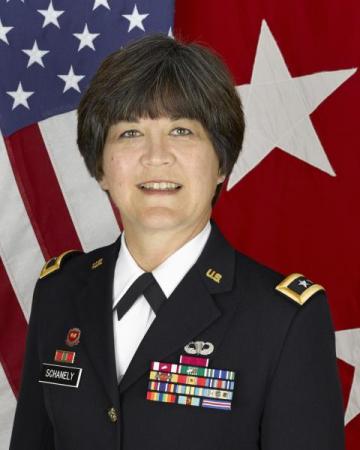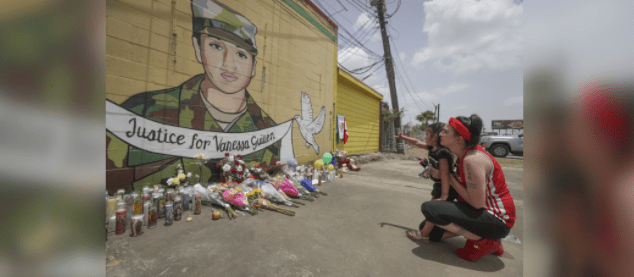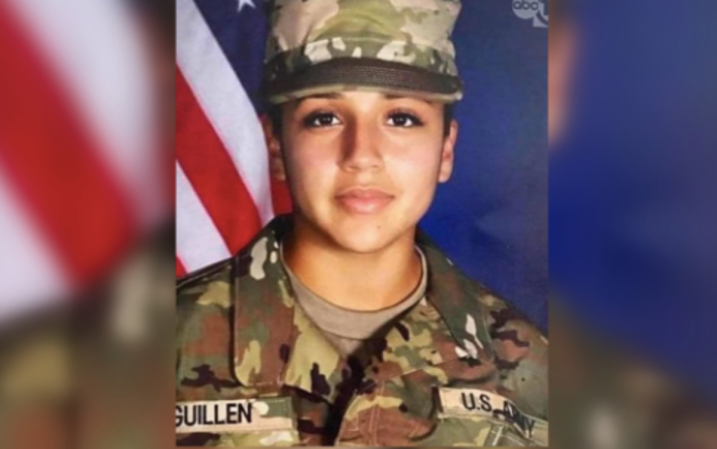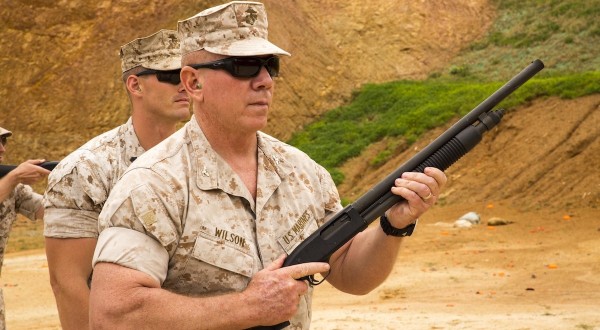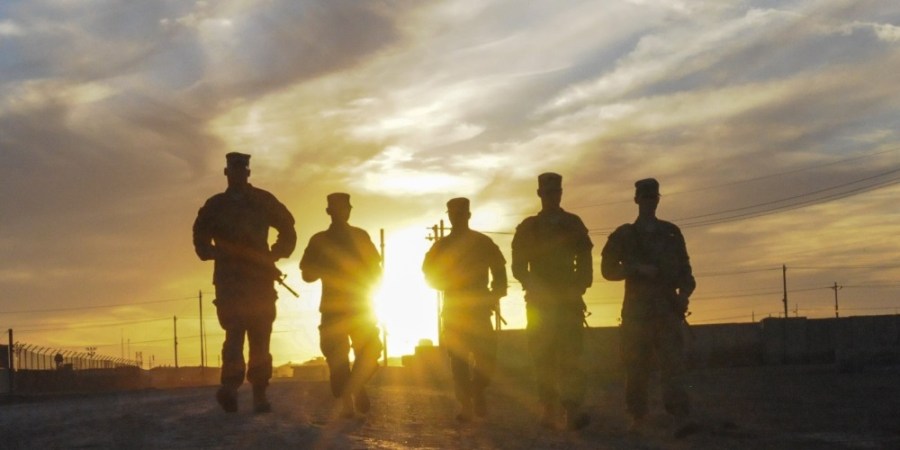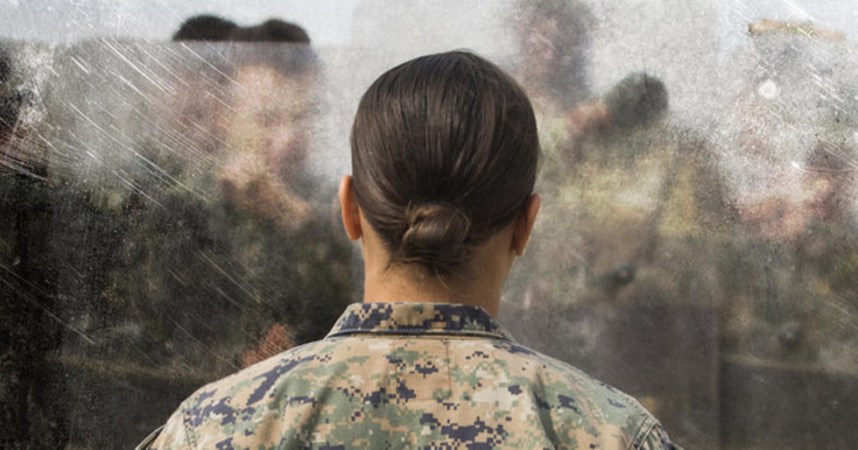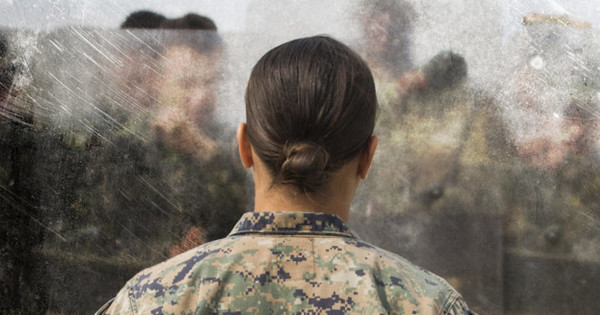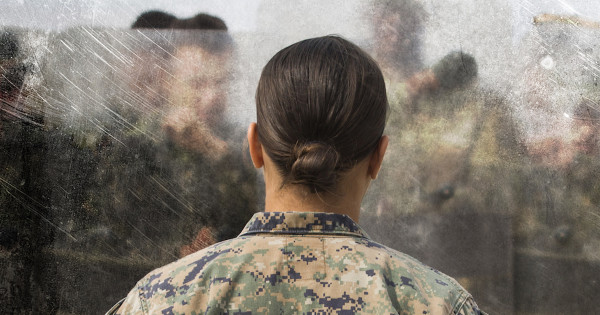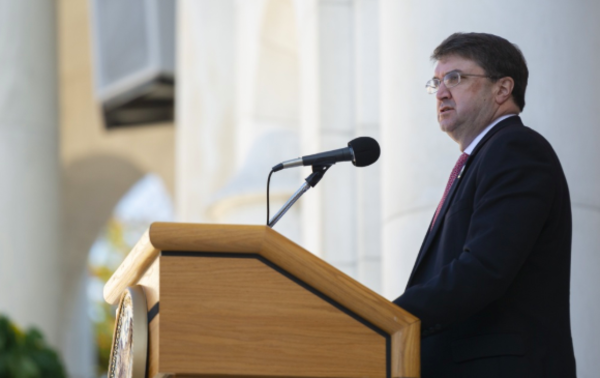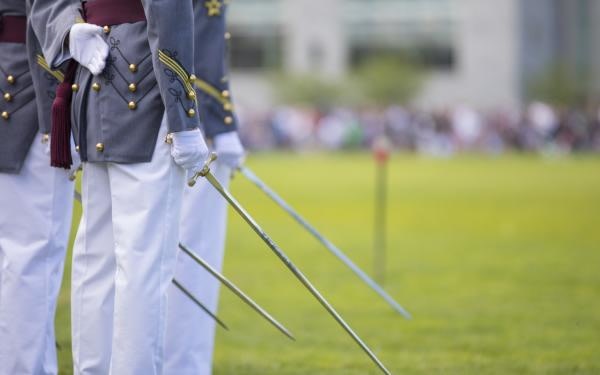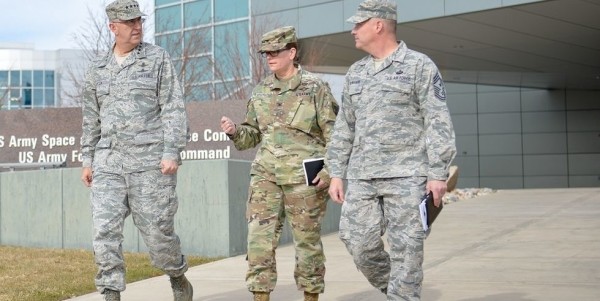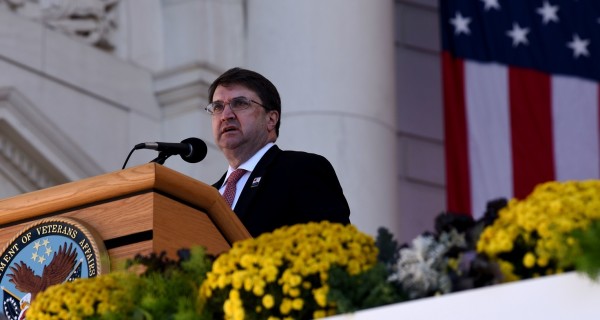A second airman in fewer than two weeks took to social media to recount an alleged sexual assault in the Air Force. Airman 1st Class Heather King said on TikTok on Sunday that her 2021 reporting of an alleged sexual assault she experienced two years ago has led to her being retaliated against by her supervisors, shaking her faith in the Air Force.
“If you’re not very familiar on reporting sexual assaults in the Air Force or in the military in general, just know that they are going to do everything in their willpower to get you discharged,” she said in her TikTok, which was viewed 13,000 times on the popular Facebook page Air Force amn/nco/snco.
King’s video comes eight days after a fellow airman, Staff Sgt. Kacie Suchanek, posted a TikTok about being allegedly raped by another service member in 2021. Suchanek said the case is being handled by civilian authorities, but civilian prosecutors have declined to pursue serious charges despite what she said was abundant evidence to indicate an assault had taken place. However, the Air Force rejected her request for an expedited transfer to a different unit, which drove her to make the TikTok.
“My name is Staff Sgt. Kacie Suchanek, and today marks eight months since I’ve been raped,” the airman said in her video, looking directly at the camera as she sat in her uniform. “I’ve absolutely had it and I’m at my breaking point.”
Service members using social media to identify themselves and report problems in their units is a remarkable break from the military’s usual policy, which is for service members to stick with their chain of command and resolve issues “in-house” behind closed doors. But for service members like Suchanek and King, who feel as if their careers or personal lives are already wrecked by alleged neglect or retaliation, taking to social media makes sense as a last resort. King herself seemed to indicate that there was not much left of her Air Force career to protect.
“I’ve gotten retaliated against, I’ve gotten left out on things, I’ve gotten pieces of paperwork that are bullshit for stupid shit, and it’s so that they can create a paper trail,” King said.
Subscribe to Task & Purpose Today. Get the latest in military news, entertainment, and gear in your inbox daily.
King was not immediately available to speak with Task & Purpose. However, her story is consistent with those of many other service members who report sexual assault and harassment only to be retaliated against by their peers and supervisors. Often this takes the form of ostracizing, poor evaluation reports, and paperwork for minor offenses that are as subtle as they are devastating. In fact, those stories were the reason why King delayed reporting her sexual assault until 2021, several months after the alleged assault took place in late 2020.
“It took me a little bit to decide if I wanted to report it,” she said. “I have heard of the stories but I decided it was for the best and … I hoped that I would be safe in that it was over.”
Instead, “everything’s been worse” since then, King said, and she added that the base to which she received an expedited transfer, Luke Air Force Base, Arizona was at least partly to blame.
“I can’t tell you guys how much I wish I didn’t choose this base or I didn’t choose to report the sexual assault to begin with,” said the airman, who has been in the Air Force for almost three years. Luke Air Force Base public affairs did not respond immediately to a request for comment.
King warned those who wish to report military sexual trauma that the Air Force and the military in general will try “to get you discharged,” either through a debilitating mental health diagnosis or administratively through paperwork such as nonjudicial punishment, letters of reprimand and letters of counseling. Suchanek, the other airman who reported her sexual assault on TikTok, expressed solidarity with King.
“You are not alone. We stand by you. We demand justice,” Suchanek said in a repost of King’s video. “Retaliation by supervision at a new unit? Absolutely not. #metoo share her story.”
The frustration expressed by Suchanek and King seems to be the opposite feeling that Air Force leaders hope to foster in sexual assault and harassment survivors. In September, the branch found that one out of every three military women who responded to a survey said they experienced sexual harassment during their Air Force career, while one out of every four female civilians said they also experienced sexual harassment in the branch. The report found that from 2015 to 2020, only 21.7% of Air Force officers and 21% of enlisted members were women, and the percentage was even smaller for operational career fields such as aircrew, intelligence, special operations and battle management. These fields also tend to have the fastest pace of career advancement, the report wrote, but women across the service said they had to work harder than their male peers to prove they were competent at their job. The report also found that female officers were 38% more likely than male officers and civilians to leave the Air Force after five to 10 years of service.
“A significant theme from female respondents was maternal bias – leadership and supervisors assumed females with children would not be interested in or available for deployments, TDYs, training, or high-demanding jobs due to their family obligations,” the report wrote.
Men who miss work to care for a child are seen as outstanding fathers, while women who miss work to care for a child are seen as not being fully dedicated to the mission, the report read. Such exclusionary attitudes and widespread sexual harassment discourage diversity, which underwrites “our ability to be agile and innovative, to compete, deter and win,” Chief of Space Operations Gen. John “Jay” Raymond said at the time. “Inclusion is the action that draws the best from every one of our members, providing advantage for our nation as one, ready and successful team.”
However, to make that inclusive space a reality, the military system for handling reports of sexual assault and harassment may need improvement. One of the September report’s more troublesome findings was respondents’ lack of faith in commanders to properly address problems of harassment or discrimination. Among respondents who had experienced sexual harassment or discrimination and contacted their chain of command, 51% said they were dissatisfied with their chain of command’s response, while only 35% were satisfied.
“Of those not satisfied with their chain of command’s responsiveness, almost half reported they felt their complaints were dismissed or ignored, and nothing was done,” the report said. “[T]he person reporting the behavior was blamed or told they are ‘too sensitive.’ Overall, respondents described a lack of accountability for sex-based discrimination and sexual harassment.”
Like King, two-thirds of the airmen and guardians who experienced sexual harassment or discrimination did not contact their chain of command, saying they “feared reprisal or retribution, or believed nothing would be done,” the report said. One theme of the report was the perception that a “good old boy” network exists in the Air Force where white male airmen use their influence to help others like them in the service at the expense of female or minority airmen.
Top Air Force leaders are aware of these reports and the implications it could have for retaining female or minority airmen and Guardians like King.
“Every single one of us has a responsibility and a role in creating that culture and climate where everybody can thrive and be their very best,” said Chief Master Sgt. of the Air Force JoAnne Bass in September.
Now it’s just a question of how many airmen and Guardians lower down the chain have heard the message. If King and Suchanek are any proof, there is still a long way to go.
The latest on Task & Purpose
- ‘Mad Max’-style technicals have become a staple of Ukraine’s fight against Russia
- The difference between Air Force and Navy pilots in one short video
- Watch the ‘Top Gun: Maverick’ film crew get buzzed by an F/A-18 during filming
- Three Navy commanders relieved of duty in the past week
- Hollywood has spent $16 million training Chris Pratt for war
Want to write for Task & Purpose? Click here. Or check out the latest stories on our homepage.


